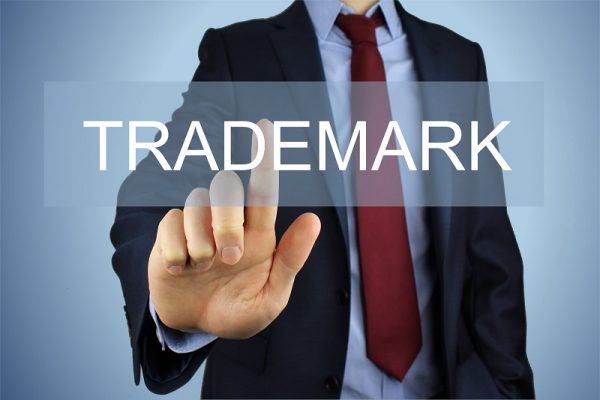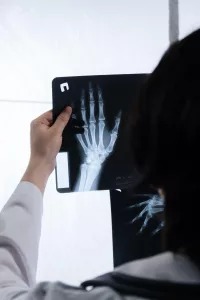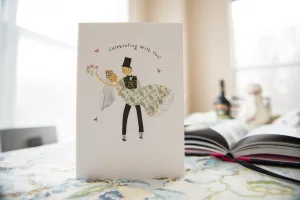Can You Trademark Or Copyright A Sales Curriculum Or Specific Program/process?

Each intellectual property protection is unique and serves a specific purpose. As a business owner, you must be aware of the distinctions between these Copyright, Trademark and Patent. Unfortunately, the distinctions between these three are confusing, and sometimes the same product or service may necessitate more than one of these types of protection.
If a sale curriculum or specific program/process falls within the scope of trade secret protection, you could also take into account the concept of trade secret protection. This would also provide you with protection as long as you have safeguards that are essential to ensure your trade secret, as courts have brushed aside actions for trade secret mishandling simply because there were no safeguards in place to defend the trade secret, and it did not pass for trade secret protection.
If the curriculum is original, it can be given copyright protection. A program can also be given copyright protection but the only condition is that it should meet the criteria for such protection. It should be original and should portray matter and expression. For example, some people copyright computer programs and codes, in some cases, this matter is highly disputed and debated.
What is a trade secret?
A trade secret is a formula, program, strategy, design or database that is informative and confidential. In India, the concept of trade secret protection was brought through the judgement of Burlington home shopping Private Limited versus Rajnish Chibber. The Supreme Court differentiated between copyright infringement and trade secret violation in cases where there is a data leak due to irregular compliance. The court held that copyright protects an expression whereas a trade secret protects the data. During those times trade secret was defined as valuable information which had a monitory value and such information is not available in the public domain for disclosure. The trade-related aspects of intellectual property rights protect trade secrets and India is a signatory to it. The trade secret in India is governed by the contract law and in case of breach of the contract, one can claim damages. In case of misappropriation civil as well as criminal remedies can be initiated. A non-disclosure agreement is one of the basic tools to protect a trade secret. In simple words, a trade secret is a secret that cannot be shared with a third party. Confidentiality is the essence of such a trade secret.
Some of the most prominent examples of trade secrets include:
- Coca Cola Formula.
- McDonald’s Big Mac sauce.
- New York Times bestseller list.
- Google search algorithm.
- Krispy Kreme Doughnut Recipe.
- WD-40.
- KFC Secret Spice –Mix.
- Listerine.
When is copyright granted?
Copyright can be provided if the following conditions are met
- Fixation-the idea that you are trying to copyright should be expressed through a tangible medium. The draft and the works are either published or unpublished or given copyright protection.
- Minimal creativity-there should be a basic level of creativity in your work to get copyright protection. For example, a telephone directory with a basic design cannot be copyrighted but if it is categorized as yellow Pages directly or put up on a website with a large database with some creativity, then it can be copyrighted.
- Originality-one of the basic rules of providing intellectual property rights to any person is originality. Therefore, the work that you are trying to copyright should be original and unique.
In case of infringement of copyright, there are civil remedies, criminal remedies and administrative remedies. In civil remedies, one can ask for an injunction, damages or delivery of the infringed copy of the products. In criminal remedies, one can, be imposed of fine or even imprisoned. Under administrative remedies, the registrar can ban the import of such copies of the product.
What cannot be provided with Copyright protection?
- Copyrighted works that have already passed their expiration date.
- Ideas or concepts, procedures, processes, plans, principles, discoveries, and guidelines – in such cases, patent or trade secret law may protect these works.
- The works are not fixed in a tangible form.
- Works that are already in the public domain and whose original authorship cannot be traced are not protected by copyright law.
- However, trademark law may provide some safeguards to these works, such as titles, names, simple phrases, slogans, methodologies, factual information, symbols, or designs.
When is the trademark granted?
- The trademark must have a geographical representation.
- It should distinguish the goods and services uniquely as this is the basic motive of getting a trademark.
- It should be registered and should be used for the proposed purpose and further proposed
It is important to decide which IPR will be suitable for your business. There before deciding, make sure that you study and research all the rights guaranteed under each of these.








